Best Seasons for Foundation Repairs
Foundation repairs are most effective when performed during specific seasons that allow for optimal conditions. The ideal time depends on local climate, soil type, and weather patterns. In regions with cold winters, late spring and early summer often provide the best conditions for foundation work due to stable soil and moderate temperatures. During dry seasons, soil contraction can make repairs more manageable, reducing the risk of complications. Conversely, heavy rainfall or freezing temperatures can hinder repair processes and affect the longevity of the work.
Timely foundation repairs can prevent further structural damage and costly future repairs. Statistics indicate that addressing foundation issues early can reduce repair costs by up to 50%. Regular inspections and understanding seasonal impacts are crucial for homeowners considering repairs. Planning repairs during suitable weather windows ensures better results and longer-lasting fixes.
Spring offers moderate temperatures and less rainfall, making it suitable for foundation work. Soil is thawed and dry, allowing for easier excavation and stabilization.
Summer provides warm weather but may come with increased rainfall. Proper scheduling and moisture control are essential for successful repairs.
Fall can be ideal due to cooler temperatures and less extreme weather. Soil moisture levels are often optimal for foundation stabilization.
Winter conditions, especially in colder climates, can complicate foundation repairs due to frozen ground and snow. Repairs are generally postponed until thawing.
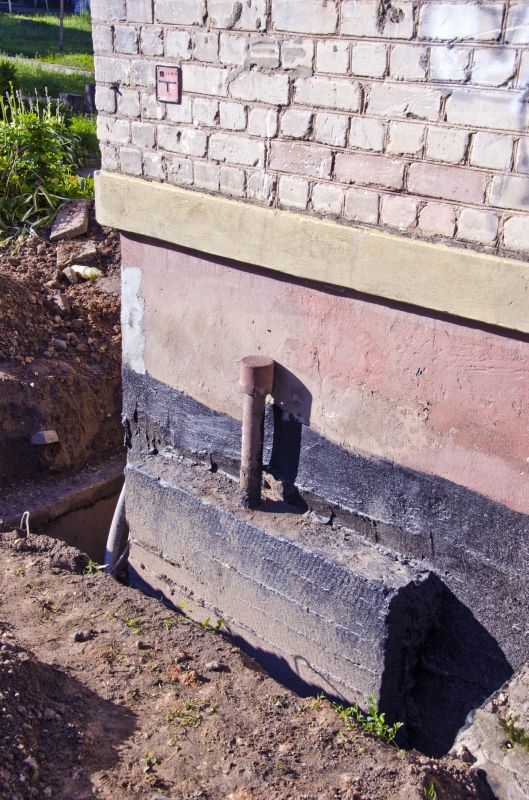
A typical repair involves soil stabilization, pier installation, and crack sealing.
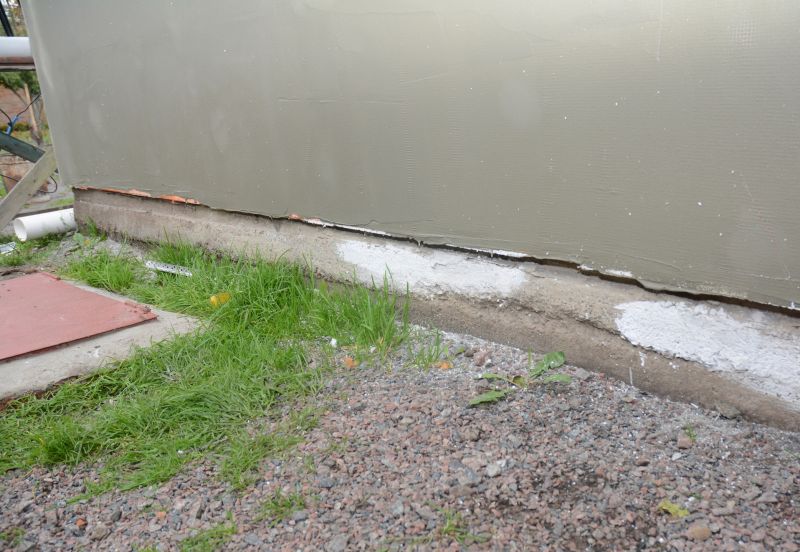
Visible cracks, uneven floors, and sticking doors indicate foundation issues.
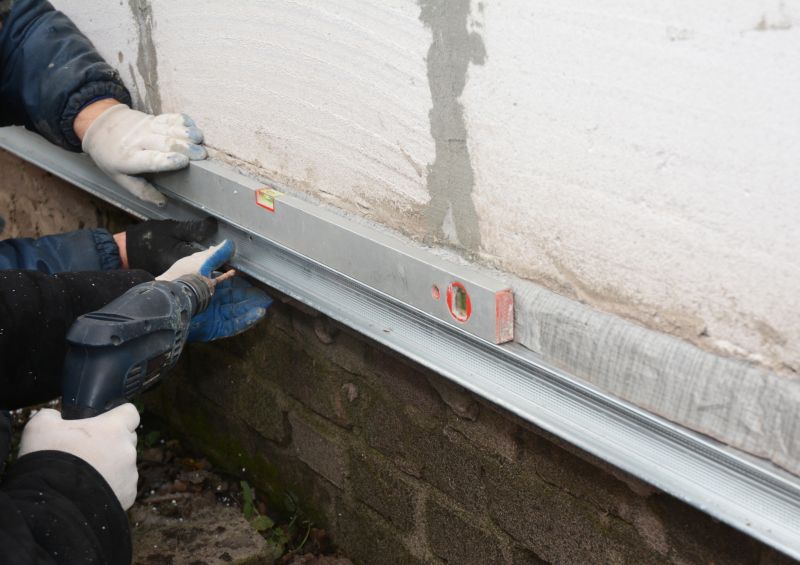
Properly repaired foundations show stabilized soil and aligned structures.
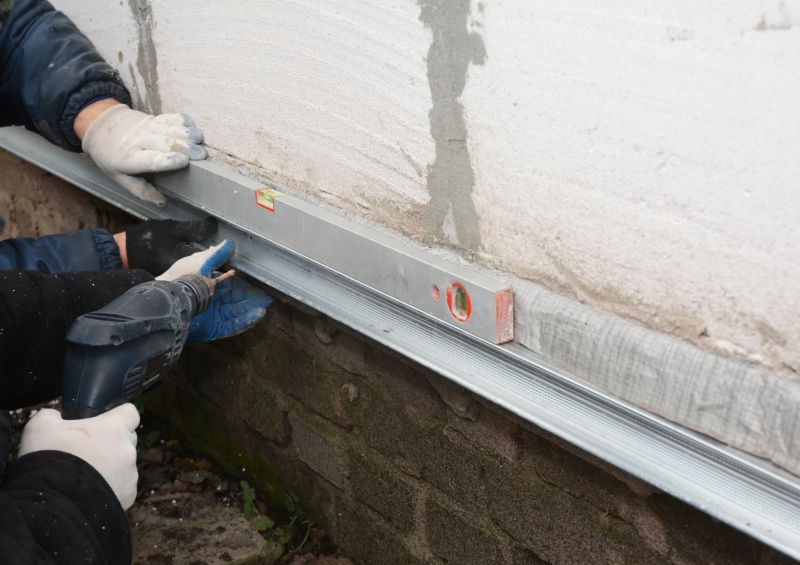
Heavy-duty jacks, piers, and hydraulic lifts are common tools.
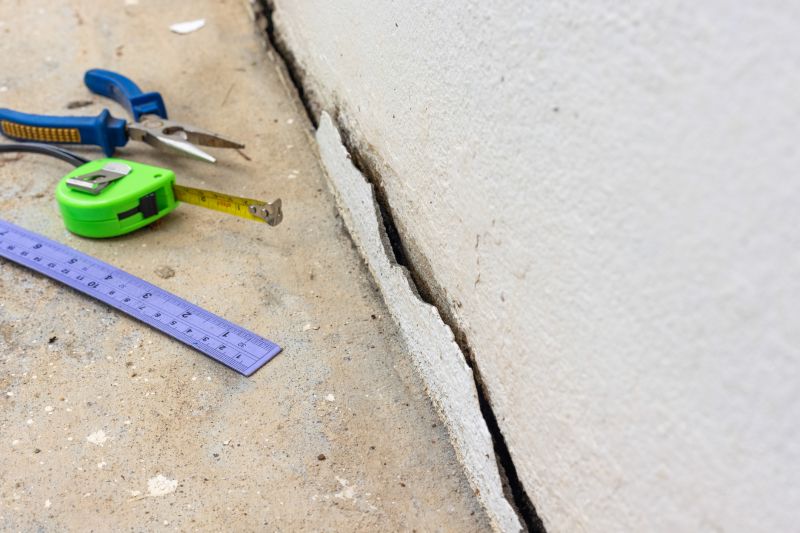
Cracks wider than 1/4 inch often require professional assessment.
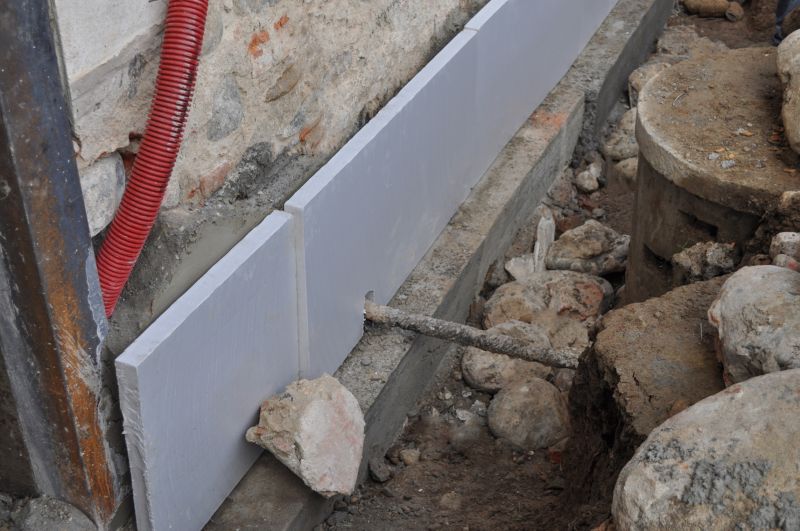
Methods include underpinning, mudjacking, and piering.
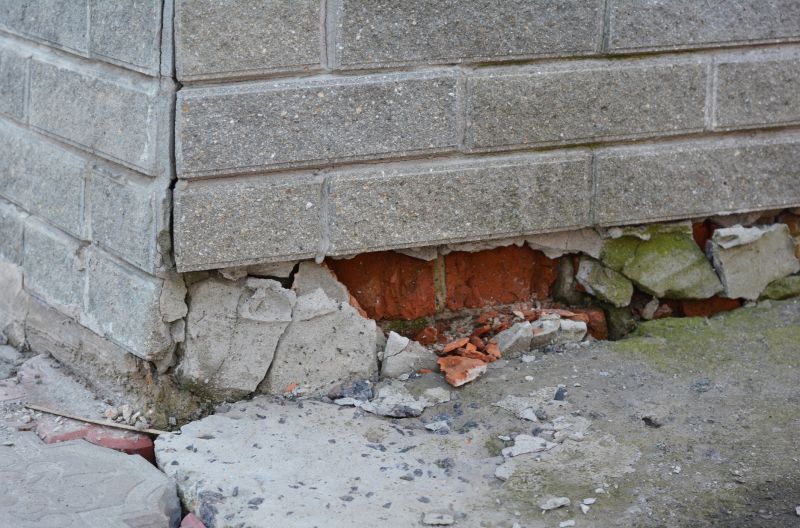
Settlement, heaving, and cracking are typical issues.
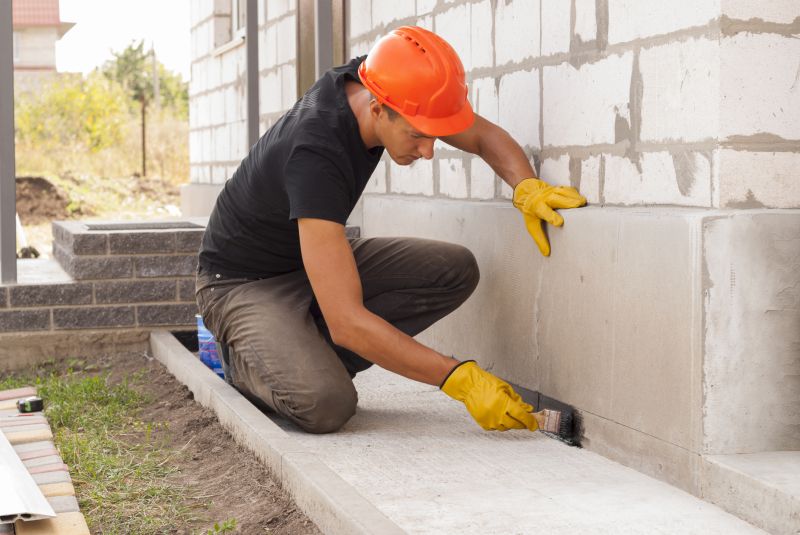
Specialized contractors assess and perform repairs with precision.
| Season | Suitable Conditions |
|---|---|
| Spring | Moderate temperatures, dry soil, thawing ground |
| Summer | Warm weather, potential for increased rainfall |
| Fall | Cooler temperatures, stable soil moisture |
| Winter | Frozen ground, snow, and cold temperatures |
| Late Spring/Early Summer | Optimal for most foundation repairs |
Foundation repairs are critical for maintaining structural integrity and preventing further damage. Early intervention can save property owners significant expenses and preserve the value of the property. Proper timing aligned with favorable weather conditions enhances the effectiveness and durability of repairs. Homeowners should consider seasonal impacts and consult with foundation specialists to determine the best window for their specific situation.

Technicians stabilize the soil and install piers to lift and support the foundation.

Sealing cracks helps prevent water infiltration and further damage.
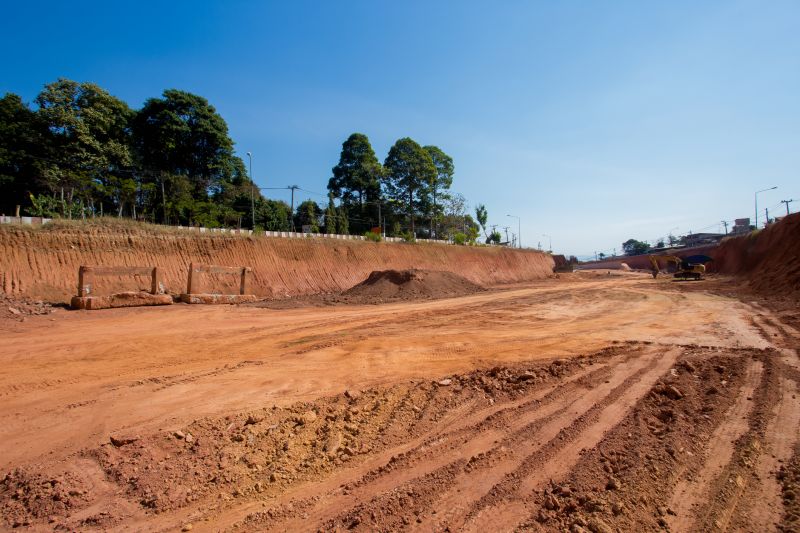
Heavy machinery is used to lift and reinforce the foundation structure.

The structure shows improved alignment and stability after repairs.

Ways to make Foundation Repairs work in tight or awkward layouts.

Popular materials for Foundation Repairs and why they hold up over time.

Simple add-ons that improve Foundation Repairs without blowing the budget.

High-end options that actually feel worth it for Foundation Repairs.
Interested property owners are encouraged to contact for more information regarding foundation repair options and scheduling. Proper assessment and timely repairs can significantly extend the lifespan of a building’s foundation, ensuring safety and stability for years to come.


